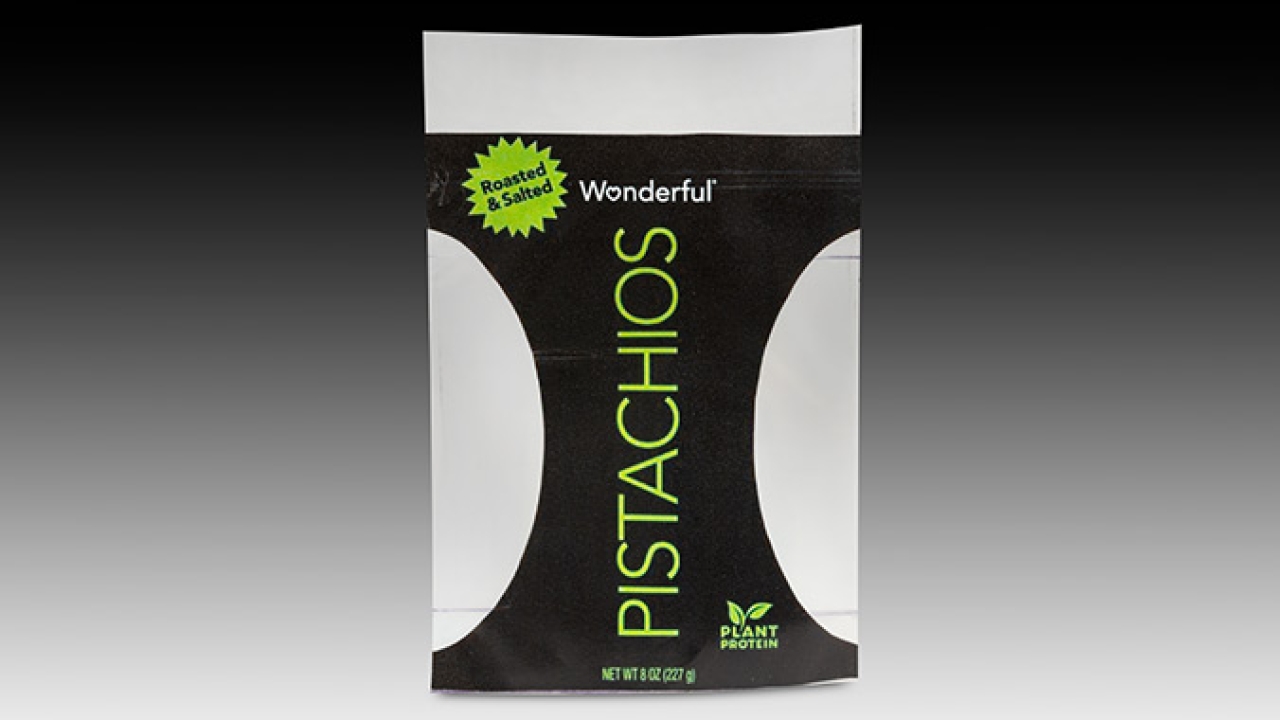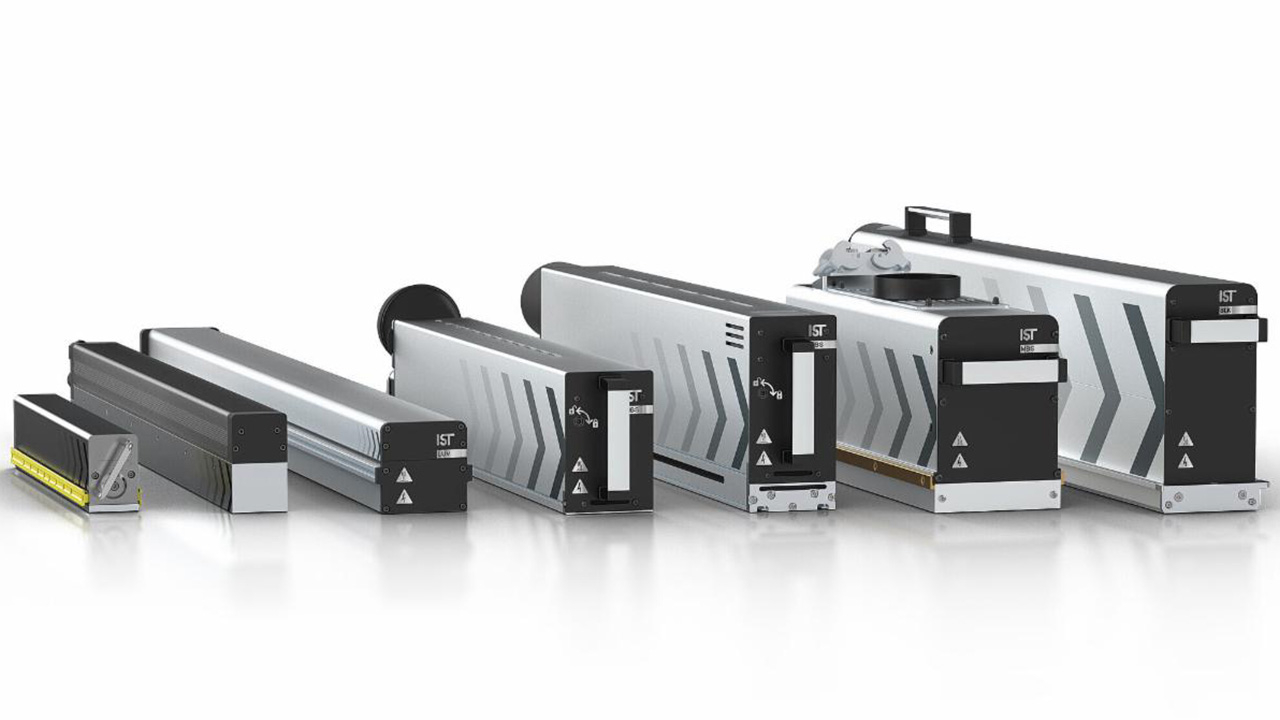FPA names flexible packaging design challenge winners
The Flexible Packaging Association (FPA) has announced the winners of its 2022 Student Flexible Packaging Design Challenge. This year’s first and second-place winners are teams from the University of Wisconsin – Stout.

The competition, overseen by the FPA’s Emerging Leadership Council (ELC), recognizes innovative, flexible packaging and encourages students working to become the next generation of packaging designers.
For the 2022 competition, FPA received 39 concept outlines from some of the top packaging design programs across the United States. From the concept outlines submitted, 17 were selected to continue to the development phase.
The ELC judges for the competition included Evan Arnold, VP of business development at Glenroy; Kasie Fairbarn, product sales manager of blown film at Windmoeller & Hoelscher Corporation; Amy Presher, sales manager at Profol; and Jonathan Quinn, director of market development and sustainability at Pregis.
The first-place winning team comprised Ben Boie, Aria Elfering, Payton Klaslo, Aaron Kurschner, and Connor Walechka from the University of Wisconsin – Stout for developed a Pistachio Pal package. The judges felt that the entry showed how to improve on a current package in the market while keeping the consumer in mind. The package also looks to keep waste contained and provide a great consumer experience. The pistachio package allows the shells to be disposed of in a small package within the pouch. The student designers also spoke about other products that could be improved with a package within a package, especially moving to all mono-packaged goods.
The microwaveable ramen concept was the second-place winner, also attributed to a team of students from the University of Wisconsin – Stout. Ethan Myers, Riley Runnels, Hayden Zachgo, and Hannah Zastrow, also under the direction of Gary Borges, designed a flexible packaging that spoke to consumers on the go. The competition judges noted that the concept improved the consumer experience and showed how the package could become helpful and engage with the consumer using the product. The team also won an honorable mention for another competition entry they submitted, the Vetchables Flexible Veggie Tray, which provides a flexible option that expands the use of flexible packaging, improving the consumer experience. The collapsible feature will provide easier options for storage and shipping.
‘This year, it was exciting to see the transformation of the competition with new guidelines and requirements of the students,’ commented Quinn. ‘Each submission embraced those requirements, and the winners delivered on those requirements, particularly on the operational feasibility. I hope that all the students found excitement in this competition, want to Come Grow with Us and be a part of the flexible packaging industry.’
Arnold added: ‘This year’s entries elevated the competition from previous years. Students think beyond just containing and protecting the product to improving the consumer experience. The students were focused on sustainable developments and how to move the industry forward. If this is a snapshot of the engineers to come into the industry, we are poised for some exciting times ahead.’
‘Every submission challenged the status quo and was incredibly thoughtful and creative. From material selection to graphic design and branding to sustainable options, the packaging submissions gave the judges lots to discuss and ponder. We look forward to hopefully, one day, welcoming this group of students to our flexible packaging industry,’ concluded Fairbarn.
Stay up to date
Subscribe to the free Label News newsletter and receive the latest content every week. We'll never share your email address.

